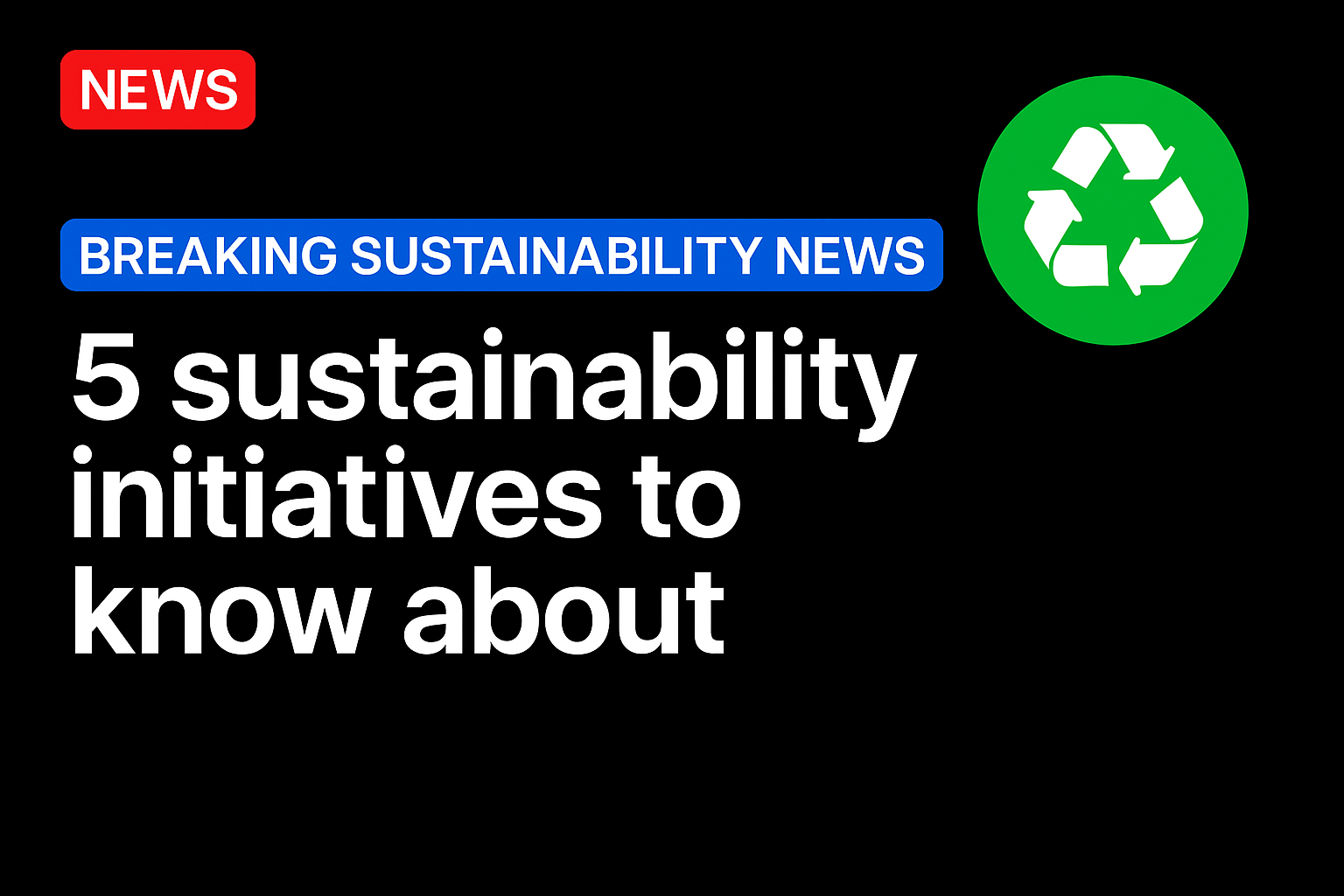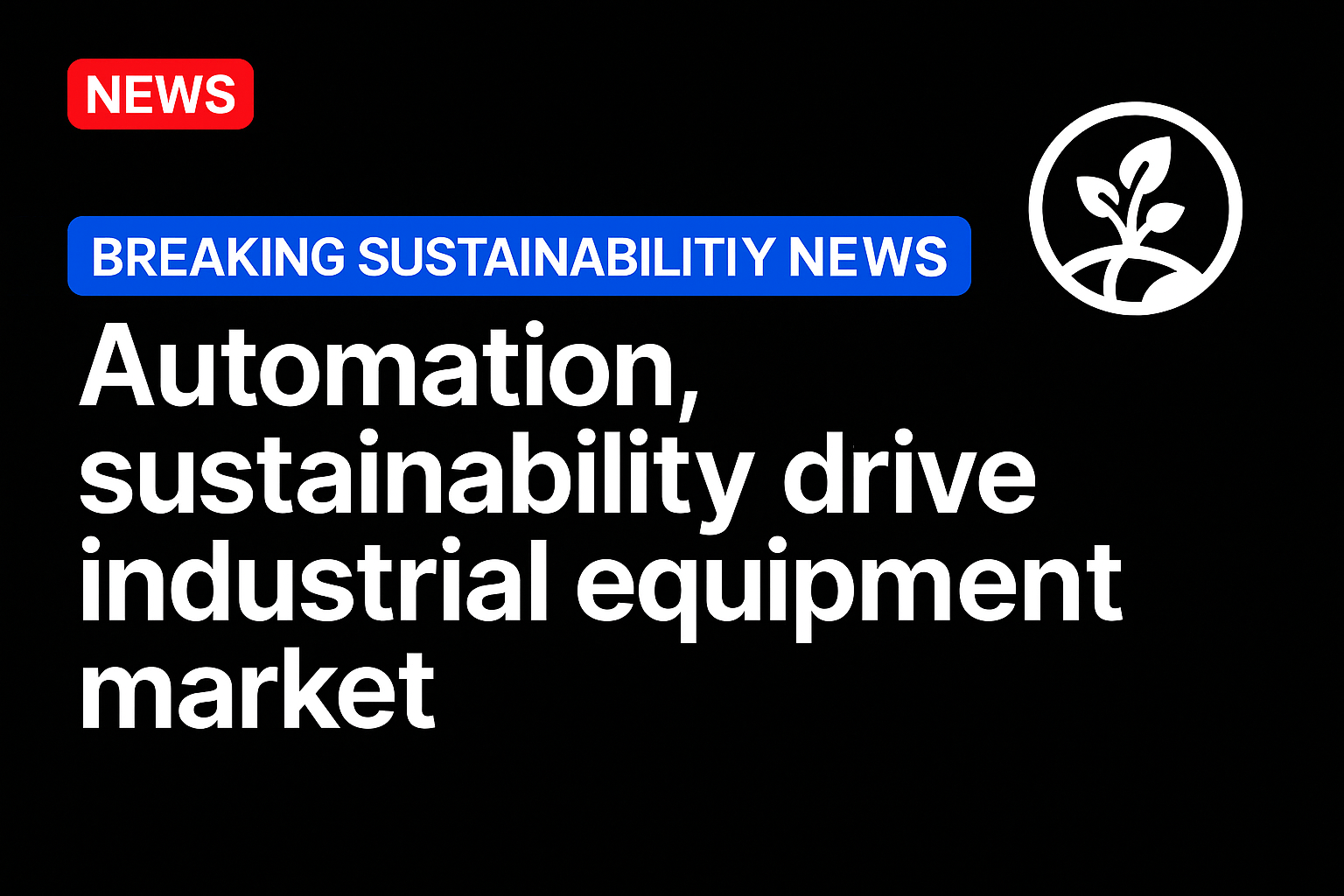Concha y Toro has recently shared some of the initial findings of its pioneering Sundial project – a viticultural research initiative designed to map and understand the precise impact of solar exposure, slope, soil type and microclimate on grape development across its estates. Spearheaded by group technical director Marcelo Papa, the project is gathering data on the impact of the angle and intensity of sun exposure throughout the day and year. The approach has proven especially fruitful in cool-climate regions such as Límari, where even subtle variations in aspect and airflow can dramatically alter the style of Chardonnay or Pinot Noir.
The project has already contributed to major quality gains in wines like Amelia and Marqués de Casa Concha. CyT now plans to expand its Sundial planting method and analysis to other regions across Chile.
English wine combats climate change
English Wine Week (21-29 June) turned the sustainable spotlight on to areas such as the South Downs National Park, where vineyards are pioneering climate action with support from local authorities. The region – in the Sussex and Hampshire region, which accounts for 44% of all UK wine production – recently made use of a £50,000 climate action grant to fund projects ranging from solar-powered systems and biodiversity ponds to rainwater harvesting and cover cropping in order to reduce fertiliser use.
One standout initiative hails from The Ghost at the Feast in Chichester, which is launching a closed-loop bottling system that reuses bottles on site, drastically cutting glass-related emissions. Other beneficiaries of the grant include Tinwood Estate, Nutbourne Vineyards, Wiston Estate and Roebuck Estates.
Embracing tech in Argentina
Argentina’s economy reopened to outside investment when president Javier Milei’s new government introduced a number of sweeping reforms in 2023. Since then, Domaine Bousquet has taken full advantage. With renewed access to international tech at competitive prices, the Uco Valley-based producer is looking to plough funds into solar technology and waste management solutions, while also continuing its work in the vineyard.
“We dug 130 soil pits a year and a half ago which transformed our understanding of our soils,” said Anne Bousquet, president, CEO and co-founder of Domaine Bousquet. “AI can help with our vineyard cycle management. Vineyard managers aren’t always happy with new tech, but we need it to be more efficient, particularly with climate change.”
Ancestral varieties
Formed in 1870, Familia Torres in Catalonia has garnered a reputation as one of Spain’s key sustainable players. One project stands out: its commitment to reviving ancestral grape varieties that might be resistant to climate change. Each year the Torres team searches for new varieties by visiting grape growers all over Catalonia. Since the 1990s – when the project was formed by Miguel A Torres – the winery has revived over 60 unknown Catalan varieties. Wines made from Forcada, Moneu, Pirene, Gonfaus, Querol and Garró were shown at a recent tasting in London with the hope that more varieties will make their way into mainstream winemaking in Catalonia.
Solar-powered brewing
With its mission to “only take out what we put in”, One Planet Brewing in Surrey is setting the standard for sustainable beer production via its solar powered ‘electric brewery’ model, believed to be the first of its kind in the UK. One Planet has committed to brewing using only the power generated on site via the latest photovoltaic solar panels, which generate enough electricity to power the entire beer-making process. The 15hl electric brewery launched back in 2023 with an initial investment of £250,000 from Hogs Back Brewery and went on to release a 5.5% abv full-bodied Hazy IPA. The brewing team, led by head brewer Miles Chesterman, has since developed a series of craft styles.
Source: https://drinksretailingnews.co.uk/




